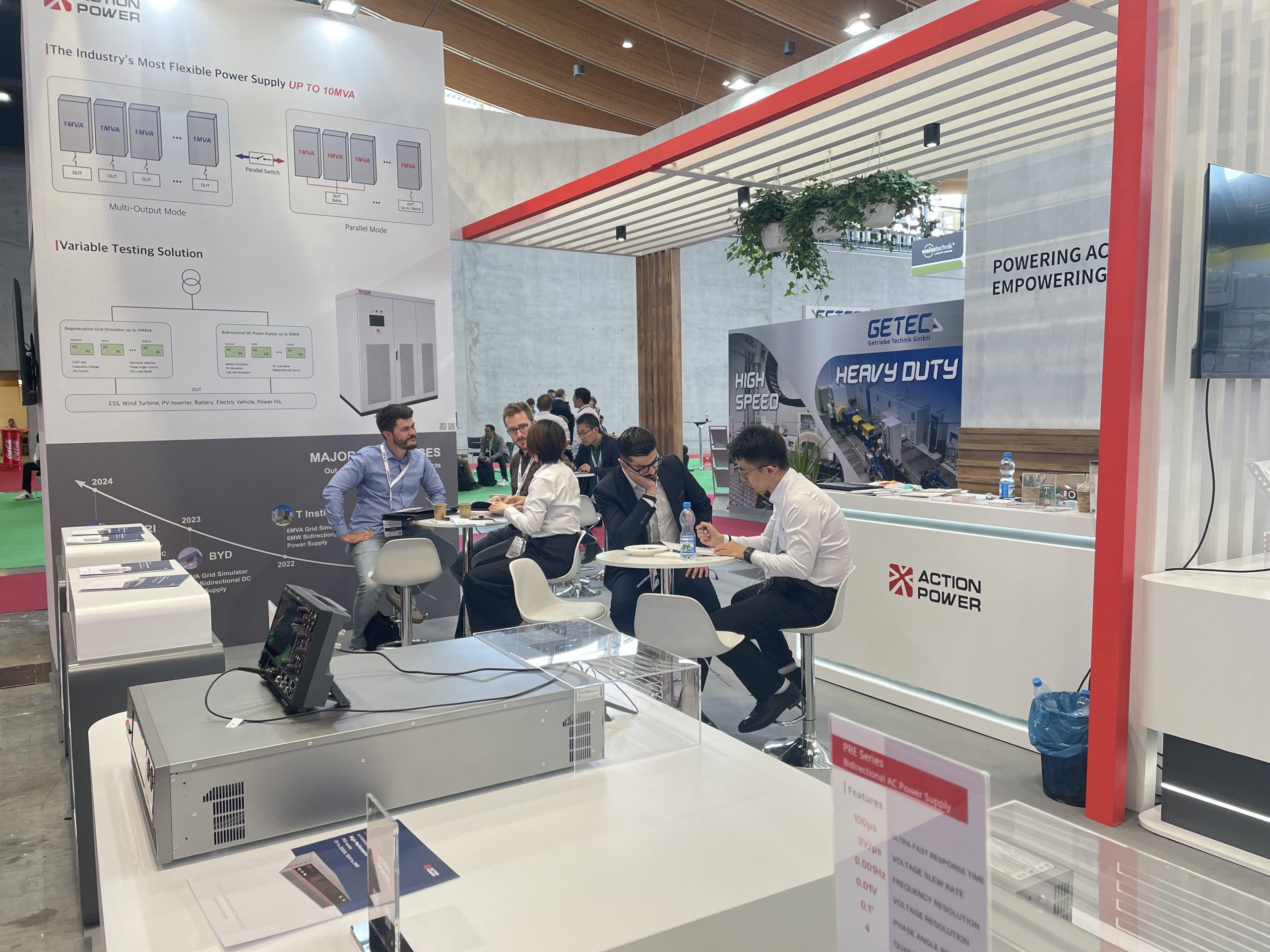Uninterruptible power supply (UPS) systems play a vital role in data centers. They provide a stable and continuous power supply for critical equipment, ensuring business continuity and data security. Power outages can cause severe consequences, such as data loss and operational disruptions, leading to significant financial damages.
This highlights the necessity of UPS test solutions to ensure the stability, reliability, and responsiveness of these power backup systems. This article will explore the importance of UPS testing for data center continuity and introduce advanced test solutions. Read on to learn more!

Table of Contents
ToggleWhy is the UPS Test Important in Data Centers?
The data center is the core hub for information processing and storage, and the uninterruptible power supply system is a key equipment to ensure the stable and seamless operation of the data center. UPS test is important in:
1. Ensuring the Continuity of Power Supply
Any power failure can lead to destructive effects on mission-critical computers, communication, and data, resulting in costly downtime. UPS test ensures that in the event of a power outage, the UPS can quickly and seamlessly switch to battery-powered mode to maintain the operation of the data center and prevent data loss or damage caused by sudden power outages.
2. Evaluating the Performance of the UPS
UPS test solutions help data center managers understand their UPS system’s actual performance under different scenarios. By simulating power failures and load changes, testing can help determine whether UPS can meet the needs of data centers. This result can be used to optimize UPS configuration, ensuring that UPS can operate as expected in practical situations.
3. Identifying Potential Issues and Maintain them Timely
Comprehensive UPS test solutions enable early detection of potential aging or electrical problems. They allow for preemptive maintenance, such as replacing aging batteries, repairing circuit issues, or upgrading UPS systems. This strategic approach minimizes unexpected downtime and also extends the overall lifespan of power infrastructure.

Key Parameters for UPS Test
How to test UPS battery? Testing UPS systems involves a comprehensive evaluation of multiple critical parameters. These include the following:
1. Grid Stability
In practical applications, voltage and frequency fluctuations in the power grid are inevitable. Therefore, UPS needs to be able to monitor input voltage and frequency in real time to ensure stable output voltage even in the fluctuating power grid.
Reliable UPS battery check systems can simulate fluctuating electrical scenarios. They help data centers verify the UPS’s ability to maintain consistent performance.
2. Load Capacity
This UPS test determines the maximum power the UPS can handle without compromising performance or risking system failure. Understanding precise load thresholds helps data centers design robust power systems.
For example, it prompts the selection of the optimal UPS capacity to avoid equipment downtime caused by insufficient capacity or energy waste caused by excessive capacity.
3. Dynamic Response Time
This UPS test measures how quickly the UPS can switch and supply stable power during sudden grid interruptions. For critical equipment, the shorter the response time, the better, as prolonged conversion may result in data loss or device damage.
4. Charging and Discharging Capability
This parameter evaluates the speed and endurance of battery charging and discharging processes. Comprehensive testing provides critical insights into battery health, charging efficiency, and potential longevity. It enables more accurate predictive maintenance strategies and equipment replacement planning.
5. Safety Functions
This uninterruptible power supply test checks protection mechanisms against overvoltage, undervoltage, overload, and short-circuit scenarios. The safety functions ensure that UPS can automatically cut off power in case of abnormal situations, protecting the equipment and systems. For example, when the input voltage exceeds the normal range, the UPS should be able to automatically switch to battery-powered mode to prevent equipment damage.

ActionPower Provides Advanced UPS Test Solutions
In terms of UPS testing, ActionPower has launched testing solutions, including regenerative grid simulators and AC load simulators. The power supply for testing can simulate power grid fluctuations and load changes to test the performance of UPS under these fluctuations.

1. Regenerative Grid Simulator
Our regenerative grid simulators, including AGS and PRE20 models, are designed to simulate power grid disturbances and test the performance of UPS systems in different power grid environments. Key characteristics include:
- High Precision:Can provide output voltage accuracy of up to 0.01%±0.05% F.S. and load adjustment accuracy of ±0.05% F.S.
- Quick Response: AGS < 1ms, PRE20 < 100 us
- Comprehensive simulation of power grid:Including flickering, frequency, three-phase unbalance, harmonics, interharmonics, etc.
- Energy-Efficient Regenerative Design: The simulator intelligently feeds generated energy during the UPS test back to the grid. This reduces electricity consumption and operational costs.
- Multiple Applications: In addition to UPS testing, this power supply for testing can also be used to test photovoltaic inverters, energy storage systems (ESS), power conditioning systems (PCS), microgrid testing systems, etc.
2. AC Load Simulator
Our AC load simulators, including AGL and PRE20 models, provide advanced solutions for testing UPS systems under various load conditions. Top characteristics include:
- High Power: The UPS battery tester supports parallel connection, capable of achieving large capacity output.
- Advanced Performance:High dynamic (<1ms) and high precision (±0.01Hz), high power density.
- Comprehensive Load Simulation: The UPS battery tester can simulate real load conditions, including static loads, dynamic loads, linear and nonlinear loads.
- Multi-Mode Operational Flexibility: Providing dual functions of power grid simulation and AC load simulation.
Conclusion
In conclusion, uninterruptible power supply test solutions are essential for maintaining data center reliability and operational continuity. Implementing comprehensive testing solutions helps data centers protect their critical infrastructure against potential power-related disruptions.
At ActionPower, we offer advanced programmable power supplies to validate and optimize UPS performance. Visit our website to learn more about our UPS testing solutions!






